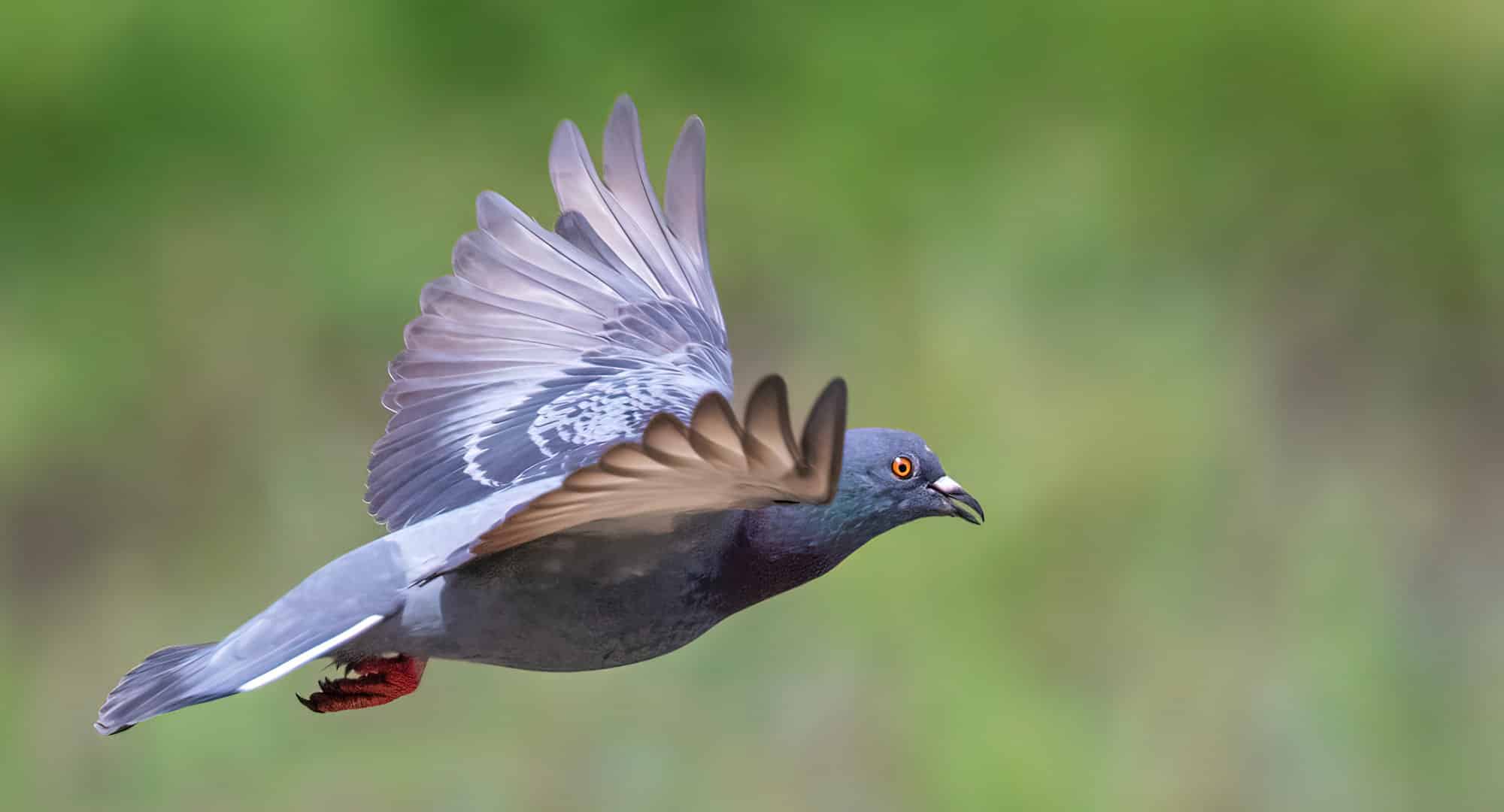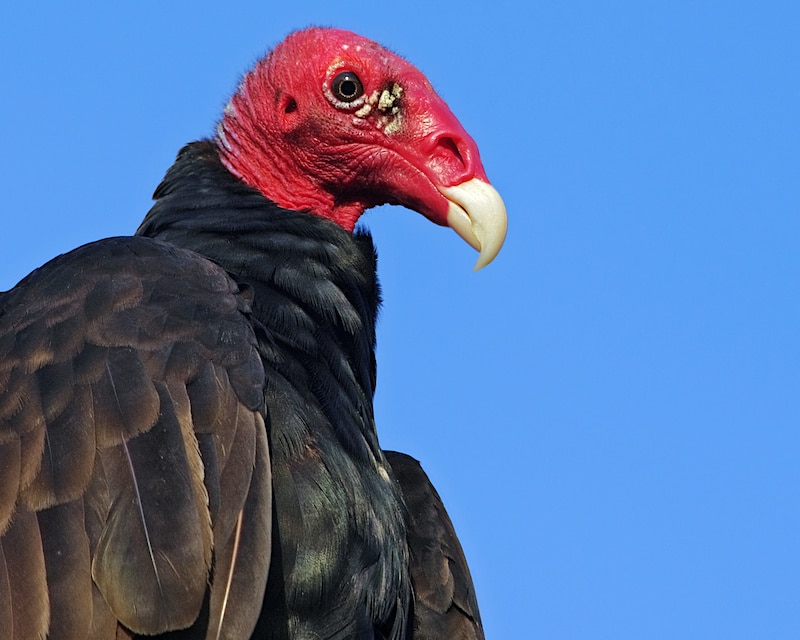

Birds don’t have noses, but do they need one?
Birds have brilliant eyesight and their sense of hearing is also very acute so it may seem they don’t really need to have a sense of smell.
But researchers have determined that they not only have the apparatus for detecting odours called nares but there is clear evidence that many bird species have a well-developed sense of smell.
One of the most well-known examples of birds using their sense of smell is homing pigeons. These birds have an incredible ability to find their way home from great distances, and it is believed that they use their sense of smell to help them navigate. Young pigeons learn to recognise environmental odours carried by the winds into the loft and use these odours to find their way home from unfamiliar places.
New Zealand’s Kiwi bird has poor eyesight but it can still find food. It sweeps its bill back and forth like a bloodhound to sniff out insects and earthworms in leaf litter. Research showed that some Shearwater species are attracted to the smell of fish oils, squid and krill .
Many birds will not enter their nests if they smell predators. Blue Tits are one such bird that will avoid the scent of weasels. Imagine trying to find food when you flying above a vast ocean. Well albatrosses are known to smell floating carrion from up to 12 miles away. And parrots smell different forms of fruits and berries when they are foraging for food.
European Starlings know the way to a female’s heart! He can distinguish different herbs by their smell and so goes out of their way to choose certain pleasantly aromatic plants to leave by his nests to attract the ladies!
So the answer is yes, birds do have the ability to smell, although it is not as well-developed as it is in some other animals but humans depend more on their sense of smell than birds.

Turkey vultures track the stench of decaying flesh to ferret out the carrion they eat.
Their keen sense of smell (superior to that of other vultures) has even been used to pinpoint leaks in oil pipelines.
When ethyl mercaptan, a chemical redolent of rotting meat, was pumped through one 42-mile line, the tricked the scavengers congregated at the cracks.
It turns out that since the 1930s the company had added a very smelly substance known as ‘mercaptan’ to the gas to help humans detect leaks, but the birds were infinitely more sensitive to it than people.
It also turns out that when an animal such as when a deer or cow dies, its body naturally gives off mercaptan – hence the ability of the birds to home in on their food. Stager got hold of some mercaptan blew it across the California hills and the vultures flocked in towards it.

Please select a template first

